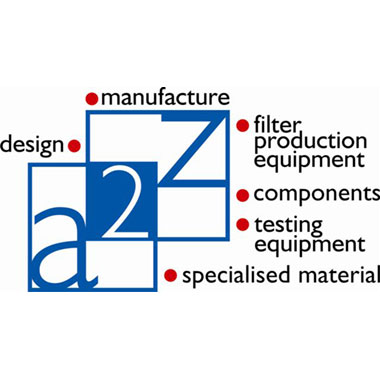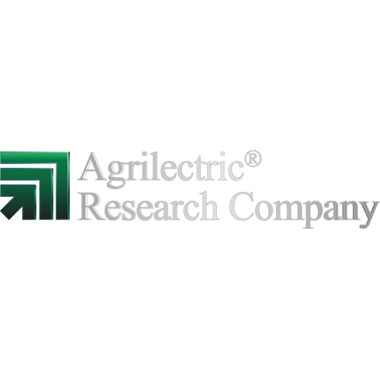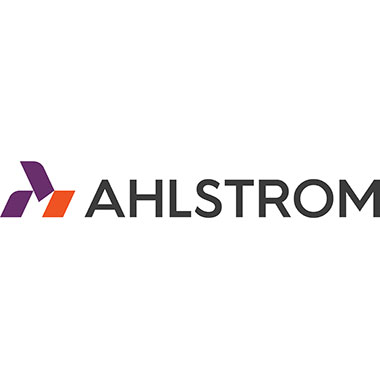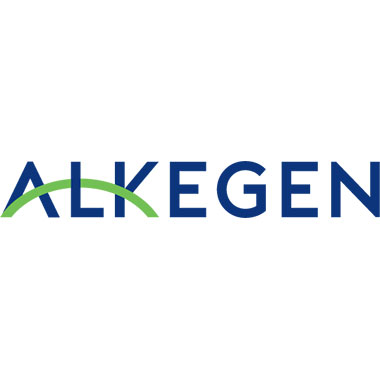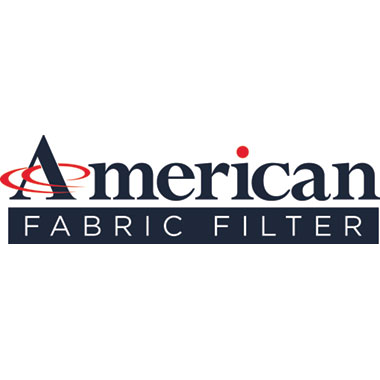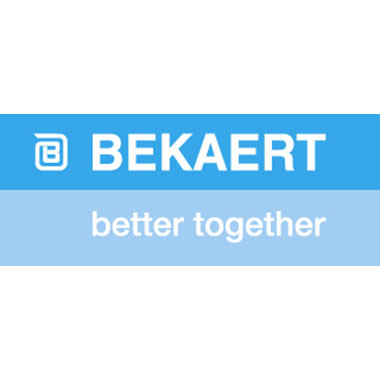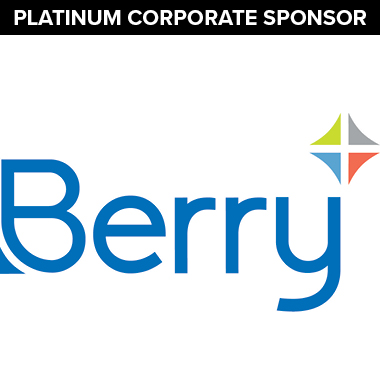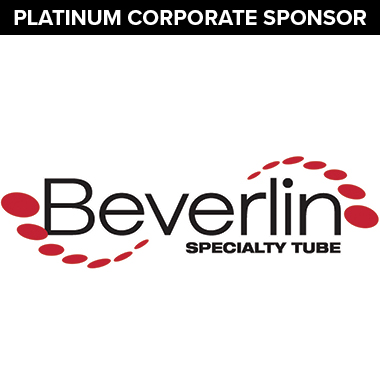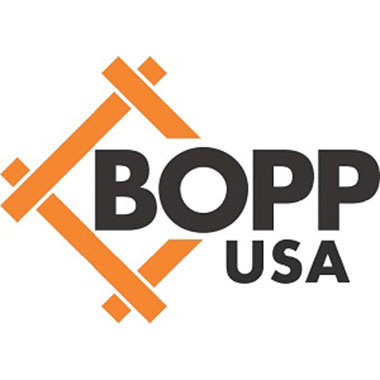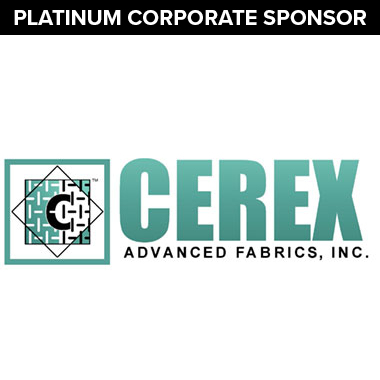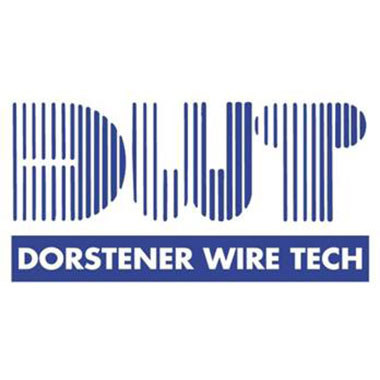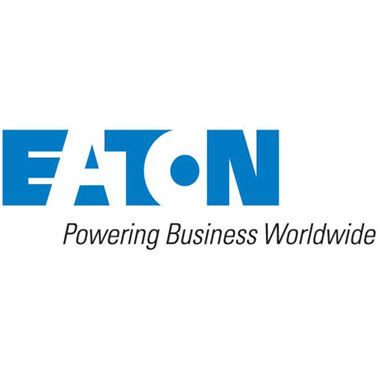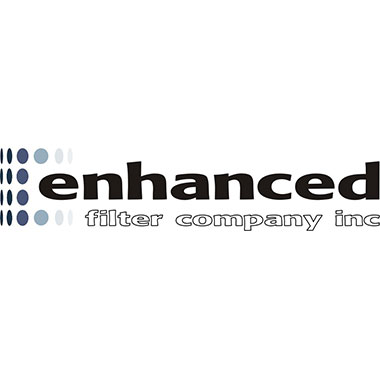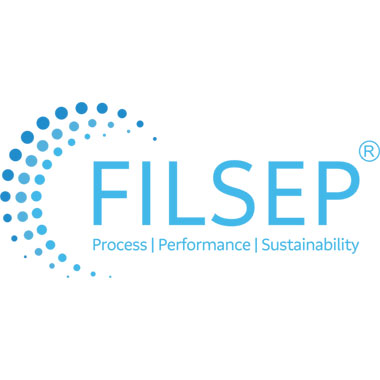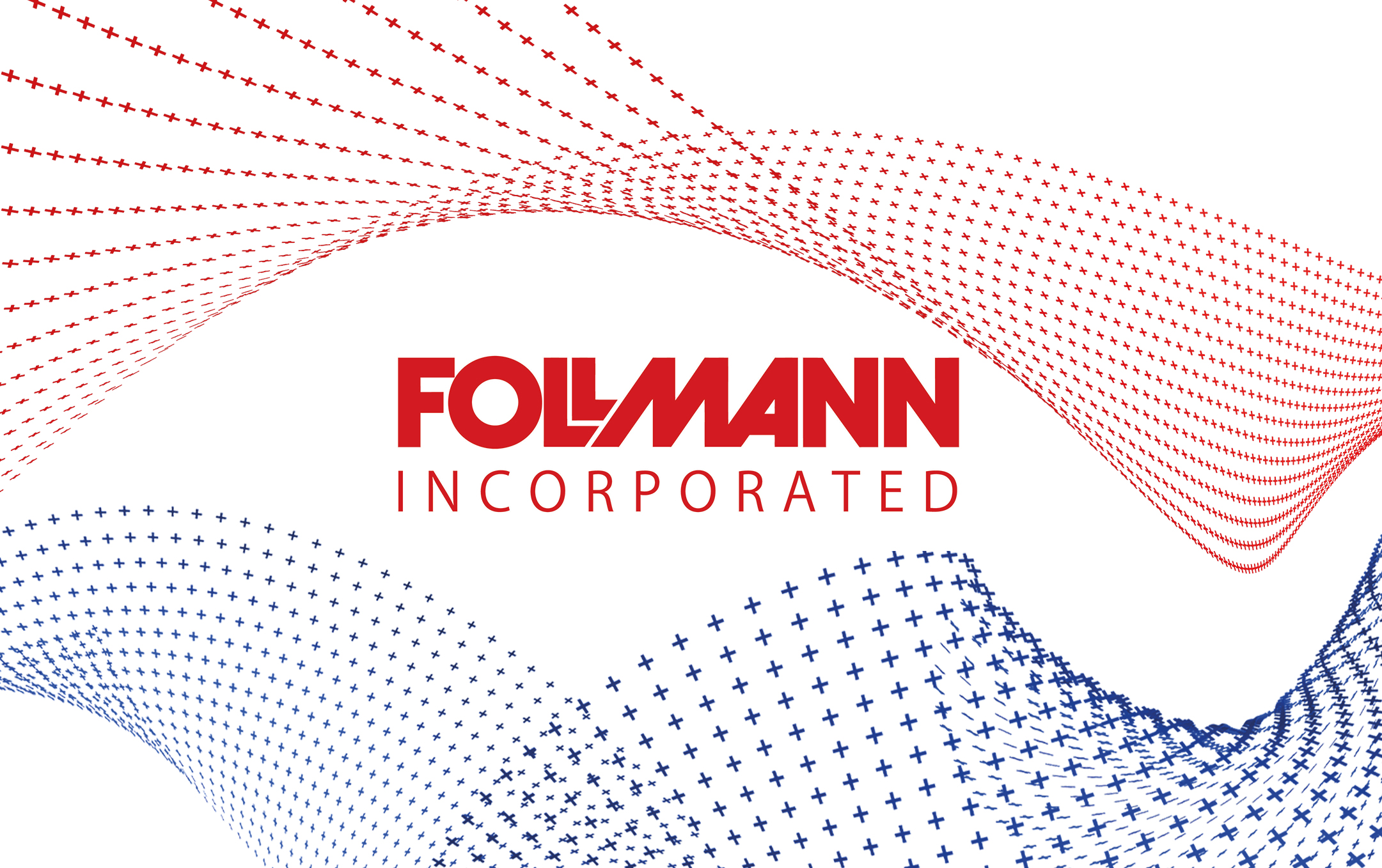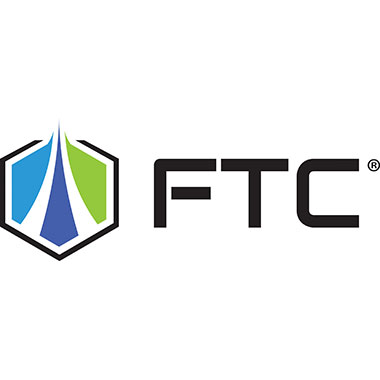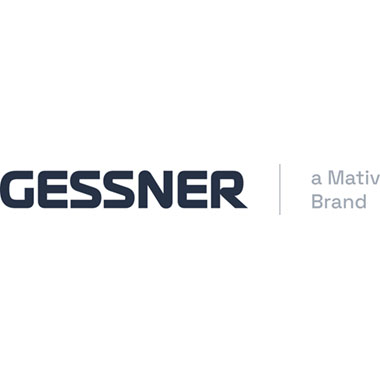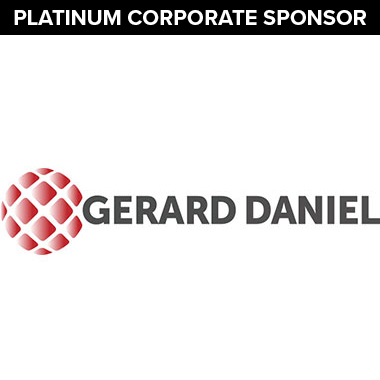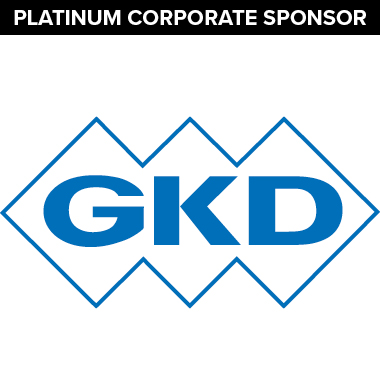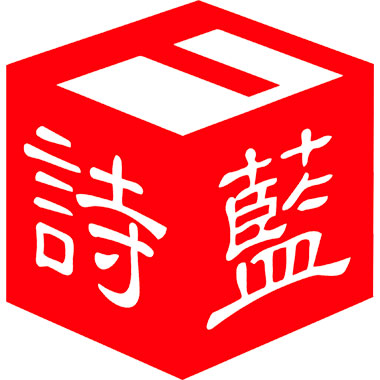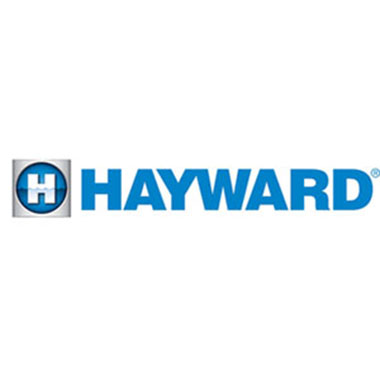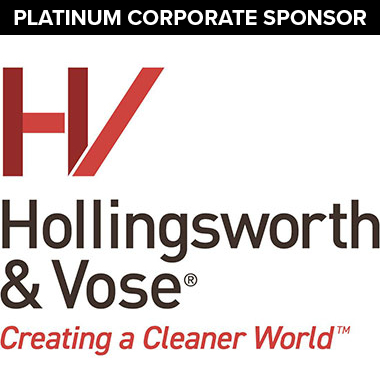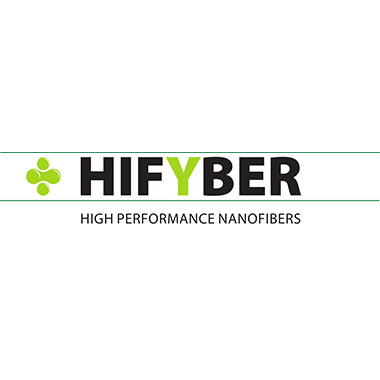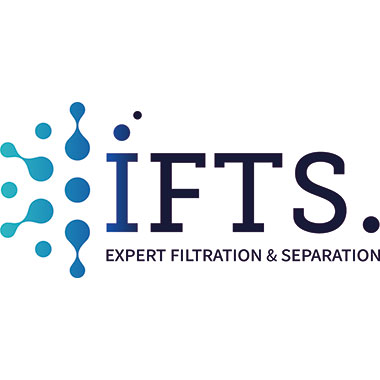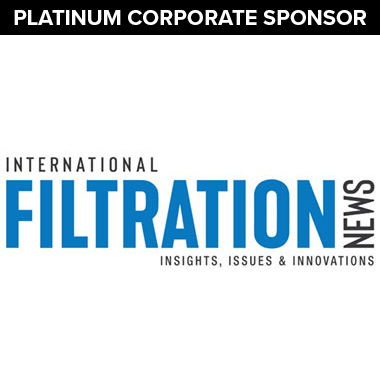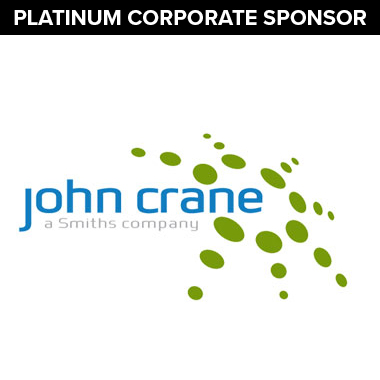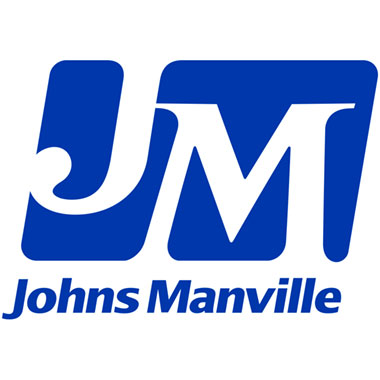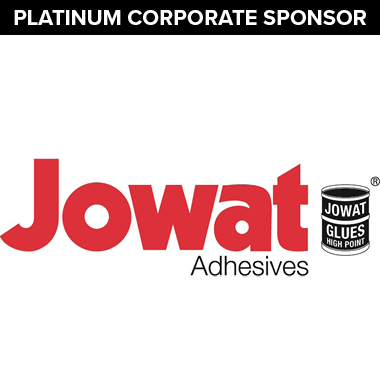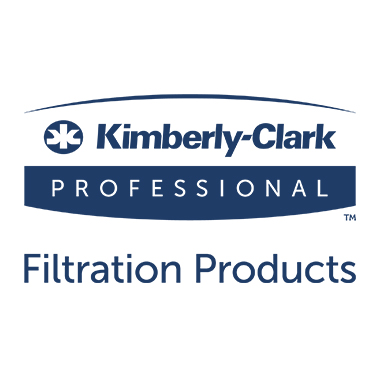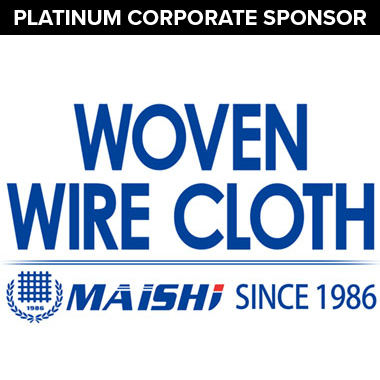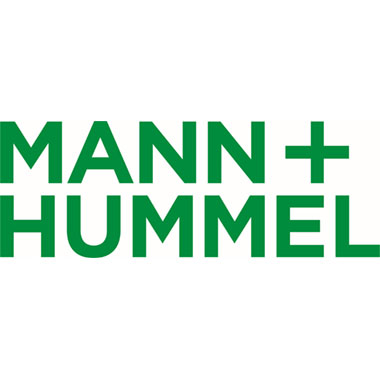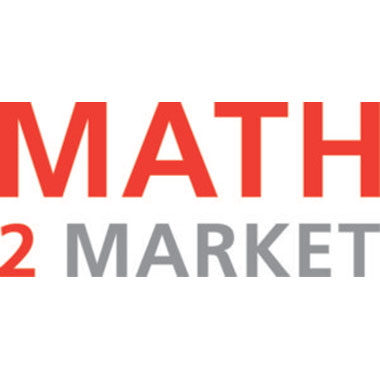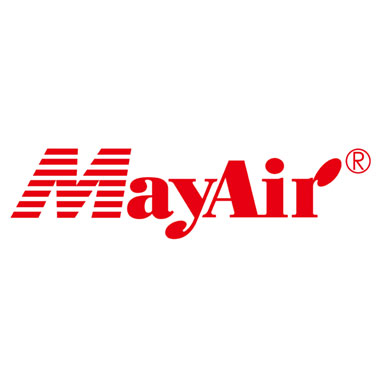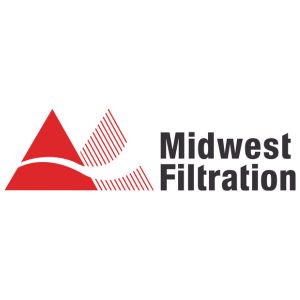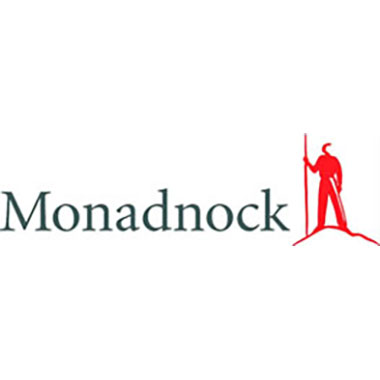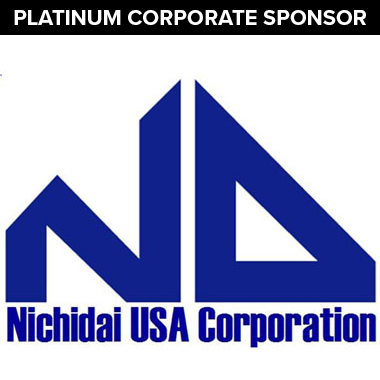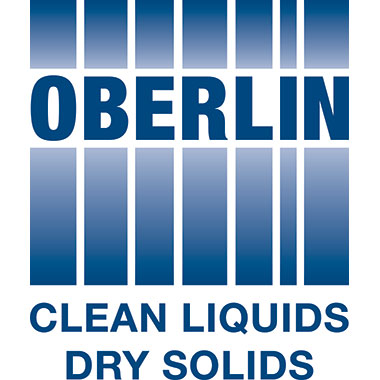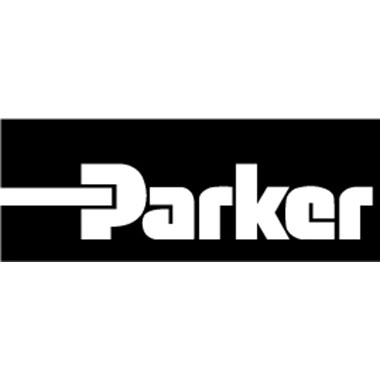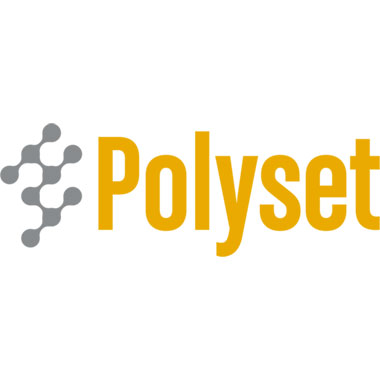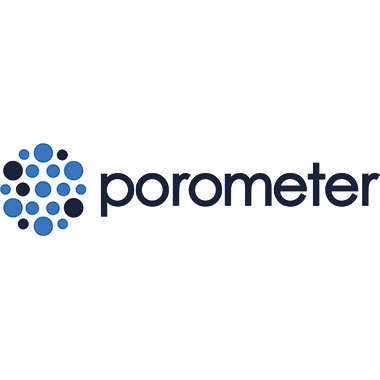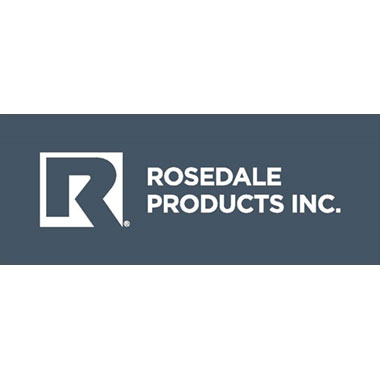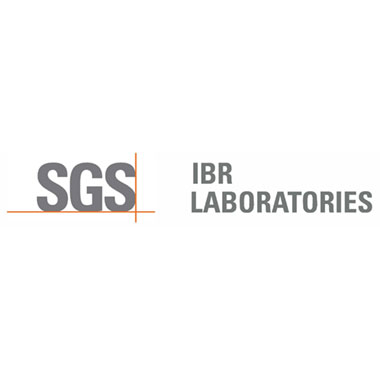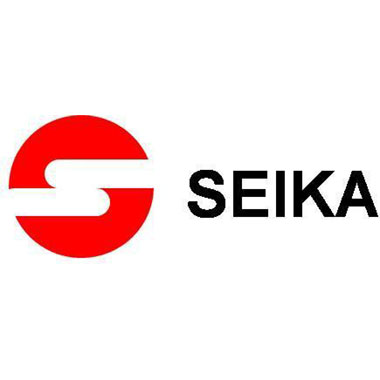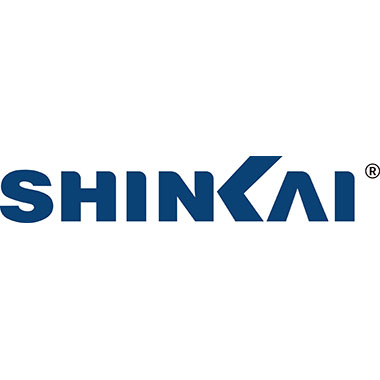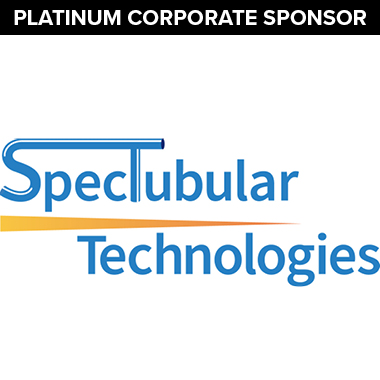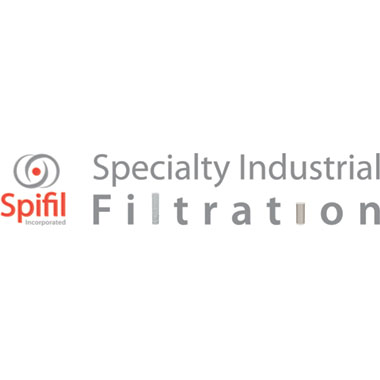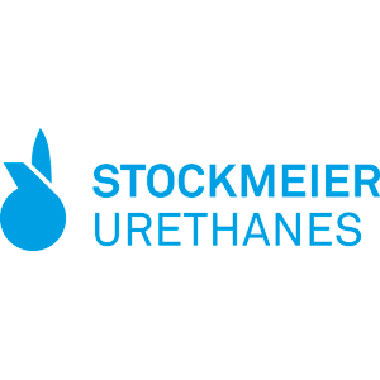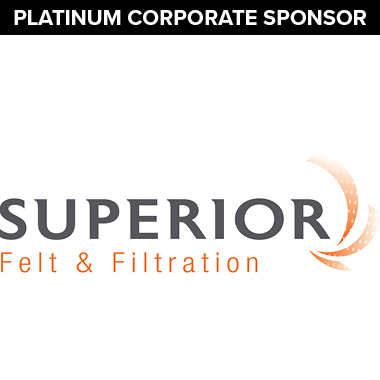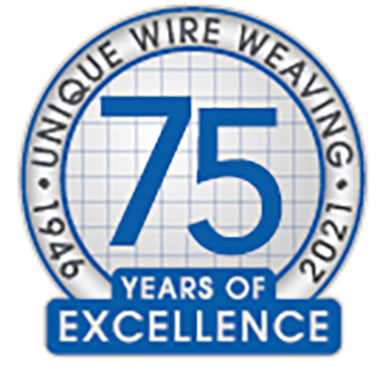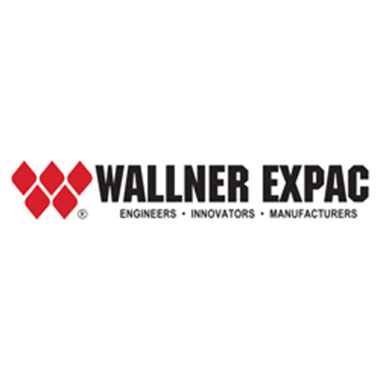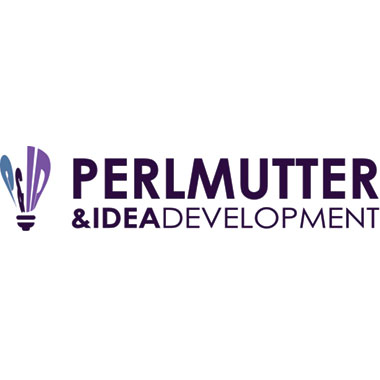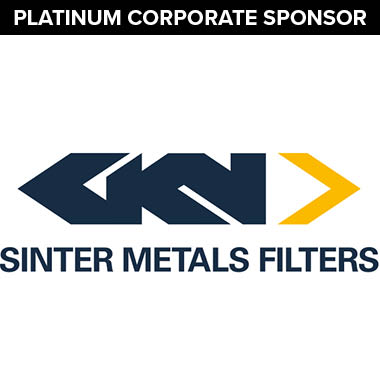Intro to Solid/Liquid Separation I and II Short Course Webinars Open for Registration at the AFS Learning Center
The American Filtration and Separations Society continues to provide world-class filtration educational programming through our new AFS Learning Center. Taught by filtration industry veterans, AFS Short Courses are well known for their high quality and offer .4 CEU credits for each class. AFS members and attendees to any of our 2020 short course webinars will receive a discount.
Introduction to Solid/Liquid Separation I and II are among our most popular courses, and our team of industry experts will deliver this renowned series again in August:
Wednesday, Septmeber 16, 8:00 a.m. – 12:00 p.m. central time: Intro to Solids/Liquids I – Principles | REGISTER HERE
Friday, September 18, 8:00 a.m. – 12:00 p.m. central time: Intro to Solids/Liquids II – Equipment, Operation and Testing | REGISTER HERE
Introduction to Solid/Liquid Separation I and II
Introduction to Solid/Liquid Separation I and II introduce the basics of solid/liquid separation from an industrial application perspective. Practical information and examples will be used to illustrate fundamentals. These courses are designed for people who are new to the filtration industry either in technical, sales or business functions, as well as experienced practitioners who need a better understanding of correlating fundamentals to practical applications. To accommodate a wide spectrum of solids/liquid separation technology and to cater to audience interests, this material is presented as two courses. Each course can be taken independently but taking both is recommended.
Course I will present the simple underlining principles of key solid/liquid separation technologies, types of liquid filters and selection criteria. Technologies to improve filtration and separation such as filter aid, coagulation and flocculation are also part of the curriculum.
Course II will cover key types of solid/liquid separation equipment, including all types of filters, gravity settlers and centrifugal separators. Basic operation principles, application guidelines and key testing and evaluation methods will be presented.
Outline (Course I) | REGISTER HERE
- Introduction
- Particles and Liquid Properties
- Principles of Solid/Liquid Separation
- Liquid Filtration Media
- Pretreatment (Filter Aids, Coagulation & Flocculation)
Outline (Course II) | REGISTER HERE
- Straining Equipment
- Cake Filtration Equipment
- Depth Filtration Equipment
- Membrane Filtration Equipment
- Gravity Settling Equipment
- Centrifugal Separation Equipment
Instructors for the Introduction to Solid/Liquid Separation courses are Dr. Wu Chen, Dr. Wenping Li, Chris Wallace and Dr. Lin Zhao.
 Dr. Chen is a Principal Research Scientist at Dow. He has over 30 years of industrial experience in solid/liquid and air/gas separation, in both technologies and filtration markets. He is also experienced in project management, process design, bio-separation and membrane processes. He has been teaching this course in numerous organizations for over 20 years. He is currently the chair of the AFS Education Committee and the coordinator of AFS short courses. He has served as AFS Chair, on the Board of Directors, as a conference chair, as a local chapter officer and on various committees in the past. His was awarded the AFS Frank Tiller Award in 2002, the AFS Well Shoemaker Award in 2005 and the Fellow Member Award in 2010.
Dr. Chen is a Principal Research Scientist at Dow. He has over 30 years of industrial experience in solid/liquid and air/gas separation, in both technologies and filtration markets. He is also experienced in project management, process design, bio-separation and membrane processes. He has been teaching this course in numerous organizations for over 20 years. He is currently the chair of the AFS Education Committee and the coordinator of AFS short courses. He has served as AFS Chair, on the Board of Directors, as a conference chair, as a local chapter officer and on various committees in the past. His was awarded the AFS Frank Tiller Award in 2002, the AFS Well Shoemaker Award in 2005 and the Fellow Member Award in 2010.
 Dr. Li is the R&D Director of Agrilectric Research Company and in charge of product development and application, product quality and filtration lab. management. She has 20 years of practical industrial filtration experience. Before joining Agrilectric, she worked with the father of modern filtration theory, Professor Frank M. Tiller at the University of Houston, from which she built in-depth understanding of fundamentals in filtration. She has two patents, over 40 publications, including contributions to filtration sections in Perry’s Chemical Engineers’ Handbook and Albright Chemical Engineering Handbook.
Dr. Li is the R&D Director of Agrilectric Research Company and in charge of product development and application, product quality and filtration lab. management. She has 20 years of practical industrial filtration experience. Before joining Agrilectric, she worked with the father of modern filtration theory, Professor Frank M. Tiller at the University of Houston, from which she built in-depth understanding of fundamentals in filtration. She has two patents, over 40 publications, including contributions to filtration sections in Perry’s Chemical Engineers’ Handbook and Albright Chemical Engineering Handbook.
Wenping served as the AFS Chair in 2012. She has also served as an AFS Southwest Chapter officer and AFS Conferences co-chair and moderator. She is currently serving on the AFS Board of Directors and the AFS Scientific Committee and has chaired the AFS Student Poster Competition for over five years.
 Chris Wallace is the Vice President of Technology for Filtration Technology Corporation (FTC) in Houston, TX. Since he joined FTC in 2003, he has been involved in production engineering, application engineering, research and development, and technical sales of filtration and separation products for liquid/solid, gas/solid, liquid/liquid, and gas/liquid applications. He holds a B.S. in Biomedical Engineering from Tulane University. Chris is actively involved in AFS leadership and has served on the Board of Directors since 2016. He was AFS Chair from 2014 to 2015 and President of the Southwest Chapter from 2010 to 2012. He is currently a member of the Corporate Sponsors Committee, on the advisory committee for the Southwest Chapter, and a co-instructor of the Introduction to Liquid Filtration course for AFS.
Chris Wallace is the Vice President of Technology for Filtration Technology Corporation (FTC) in Houston, TX. Since he joined FTC in 2003, he has been involved in production engineering, application engineering, research and development, and technical sales of filtration and separation products for liquid/solid, gas/solid, liquid/liquid, and gas/liquid applications. He holds a B.S. in Biomedical Engineering from Tulane University. Chris is actively involved in AFS leadership and has served on the Board of Directors since 2016. He was AFS Chair from 2014 to 2015 and President of the Southwest Chapter from 2010 to 2012. He is currently a member of the Corporate Sponsors Committee, on the advisory committee for the Southwest Chapter, and a co-instructor of the Introduction to Liquid Filtration course for AFS.
 Dr. Lin Zhao is an Associate Research Scientist at Dow. His work at Dow focuses on solid/liquid separation with five years of practical industrial experience from lab evaluation and filter design to production scale implementation and trouble shooting. He also has experience in major site startup and operation. Before joining Dow, he obtained his Ph.D. degree in Chemical Engineering at the Ohio State University in Professor Winston Ho’s research group with a focus on developing advanced membranes for water desalination and gas separation. Lin joined AFS in 2015 and has been actively involved since. He currently serves on the AFS Publication Committee, the AFS Education Committee and the AFS Board of Directors. He also served as the instructor of the Basic Solid/Liquid Separation short course at AFS conferences.
Dr. Lin Zhao is an Associate Research Scientist at Dow. His work at Dow focuses on solid/liquid separation with five years of practical industrial experience from lab evaluation and filter design to production scale implementation and trouble shooting. He also has experience in major site startup and operation. Before joining Dow, he obtained his Ph.D. degree in Chemical Engineering at the Ohio State University in Professor Winston Ho’s research group with a focus on developing advanced membranes for water desalination and gas separation. Lin joined AFS in 2015 and has been actively involved since. He currently serves on the AFS Publication Committee, the AFS Education Committee and the AFS Board of Directors. He also served as the instructor of the Basic Solid/Liquid Separation short course at AFS conferences.
Fees are $495 for members/$595 for non-members for the first course, and $395 for members/$495 for non-members for each subsequent course taken in 2020. Upon completion, attendees will receive a certificate of completion and earn 0.4 CEU credits per course.


